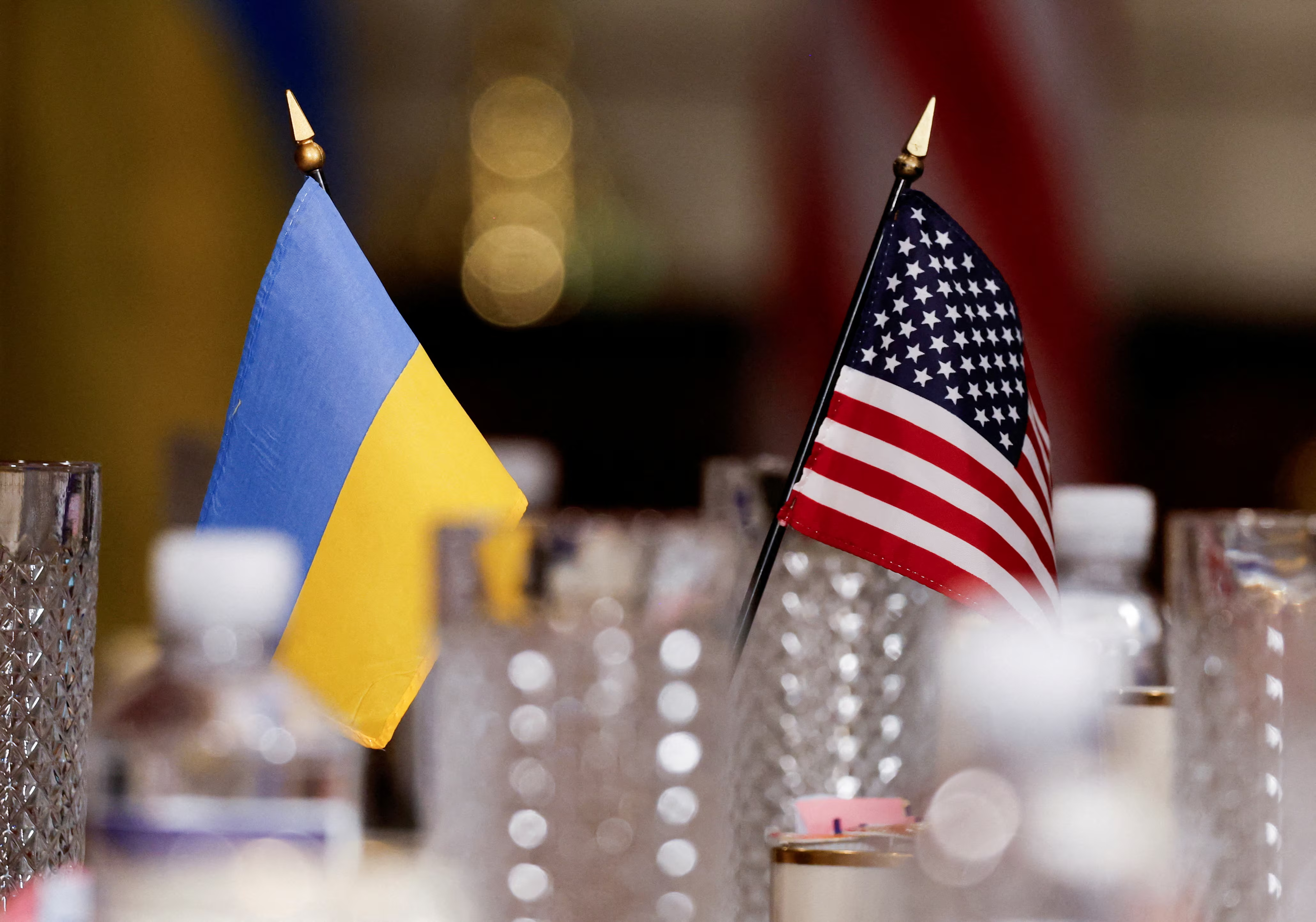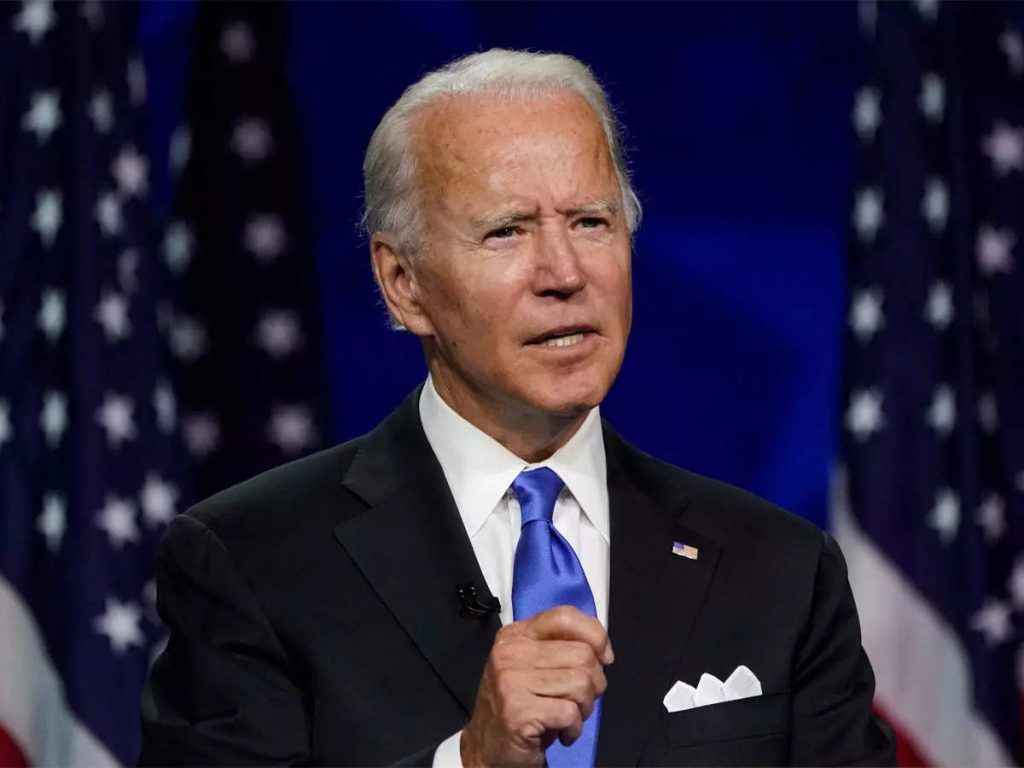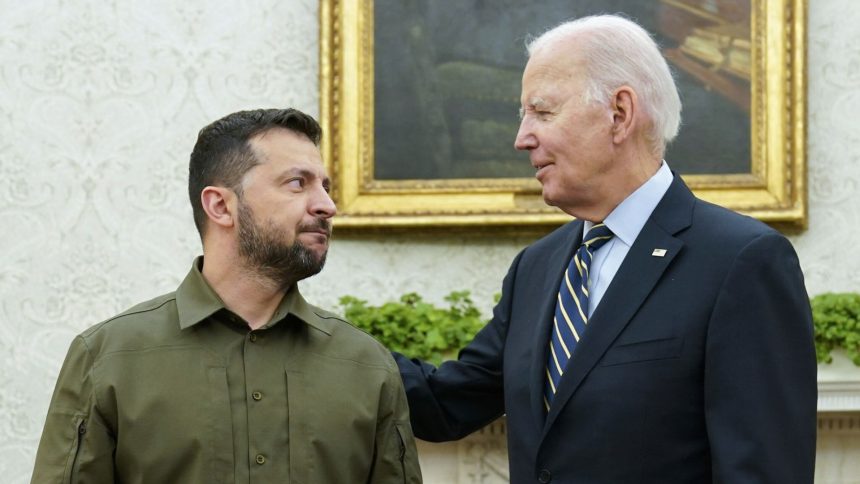In a significant move to reinforce aid to Ukraine amidst its ongoing war with Russia, the Biden administration has forgiven $4.7 billion in U.S. loans granted to the Ukrainian government.
This step was announced on Wednesday by State Department spokesperson Matthew Miller, highlighting the administration’s commitment to supporting Ukraine as it faces one of the most consequential conflicts in its modern history.
The loan forgiveness aligns with provisions in a funding bill passed by Congress in April, which included over $9.4 billion in forgivable loans for Ukraine’s economic and budgetary needs. According to the bill, President Joe Biden had the authority to cancel up to half of this amount after November 15, a decision the administration has now executed.

“The step outlined in the law to cancel those loans has been taken,” Miller confirmed during a press briefing. This decision, made in recent days, forms part of a broader effort to solidify support for Ukraine as it continues its defense against Russia’s full-scale invasion, launched in February 2022.
The April funding bill appropriated a total of $61 billion for Ukraine, encompassing military, economic, and budgetary aid. Loan forgiveness, in particular, is designed to alleviate Ukraine’s financial burdens, allowing the government to allocate more resources toward pressing wartime needs.
READ ALSO: Archegos Founder Bill Hwang Sentenced to 18 Years
However, the decision has sparked debate within U.S. political circles. While the majority of lawmakers from both parties back robust support for Ukraine, the move to forgive loans faces opposition from certain factions.
On the same day as the announcement, the Senate was set to vote on a motion of disapproval proposed by Republican Senator Rand Paul, a vocal critic of extensive U.S. aid to Ukraine. Paul has frequently questioned the scale of financial assistance provided to the war-torn country, arguing that it places undue strain on American taxpayers.

Despite this opposition, bipartisan support for Ukraine remains strong, with most lawmakers viewing aid as essential for countering Russian aggression and safeguarding European stability.
Still, Congress retains the power to block the loan forgiveness decision, adding an element of uncertainty to the administration’s efforts.
The urgency behind this move is tied to President Biden’s final months in office. With his term ending on January 20, the administration is rushing to deliver as much support to Ukraine as possible amid concerns that President-elect Donald Trump may adopt a more cautious or restrictive approach to U.S. assistance.
READ ALSO: Barcelona Clarifies Nico Williams Transfer Saga
Trump has frequently expressed skepticism about the level of aid provided to Ukraine, suggesting that his administration would prioritize domestic issues over international military commitments. This has raised alarms among proponents of continued support, who fear a reduction in U.S. aid could embolden Russia and destabilize Ukraine further.
Since the start of the conflict, U.S. aid has played a crucial role in sustaining Ukraine’s resistance against Russian forces. Military assistance has included advanced weaponry and training, while economic and budgetary aid has helped stabilize Ukraine’s economy under the strain of war.

The decision to forgive $4.7 billion in loans is a testament to the United States’ long-term commitment to Ukraine’s recovery and sovereignty. Yet, it also underscores the political challenges of maintaining support as the conflict drags on and domestic debates about aid intensify.
As the Senate weighs in on the loan forgiveness decision and the Biden administration races to finalize additional aid packages, the future of U.S.-Ukraine relations remains uncertain. The outcome of these efforts will not only influence the trajectory of the war but also shape America’s role in addressing global conflicts and defending democratic values on the world stage.
While the immediate focus remains on bolstering Ukraine, the broader implications of these decisions will likely resonate far beyond this pivotal moment in history.

